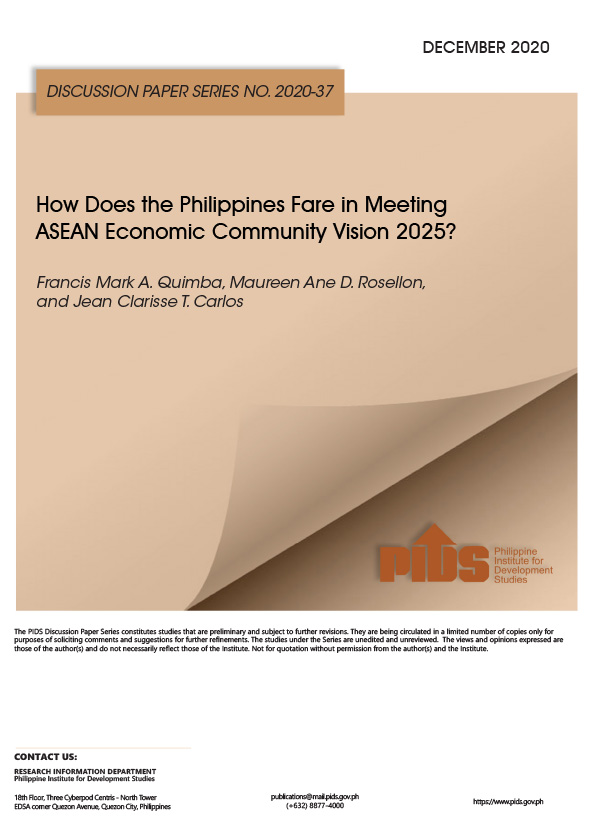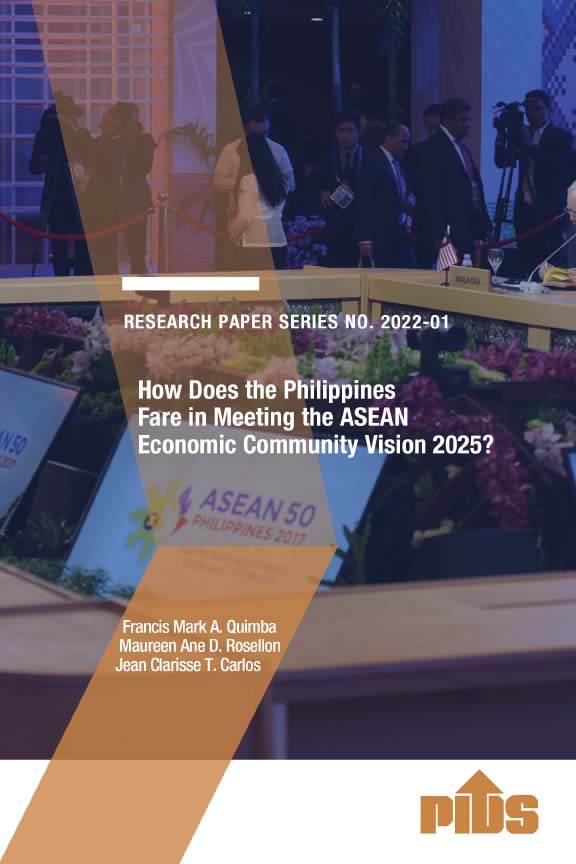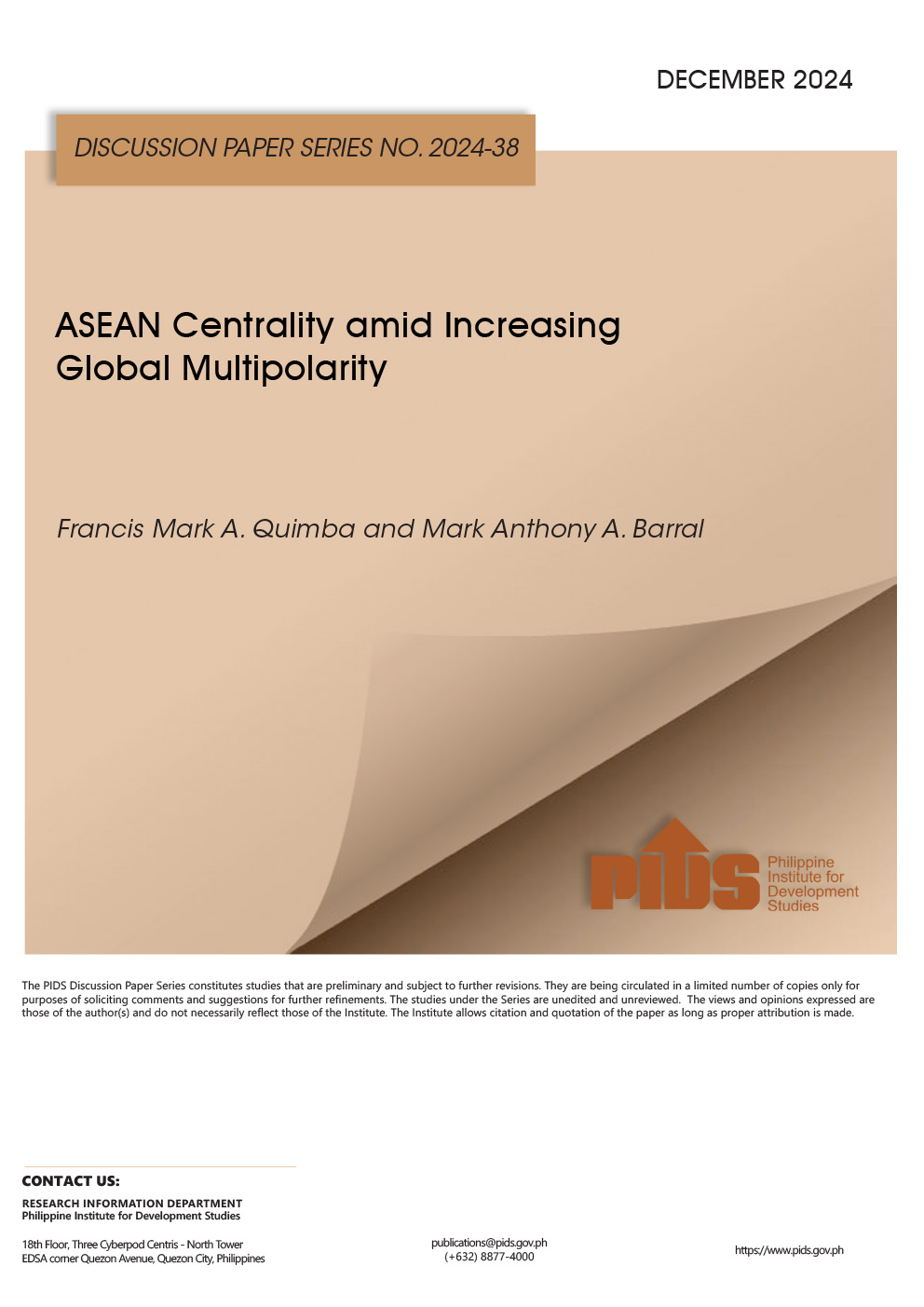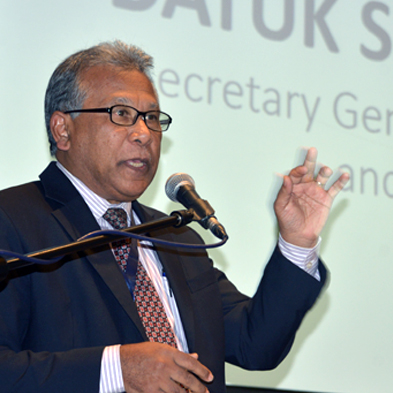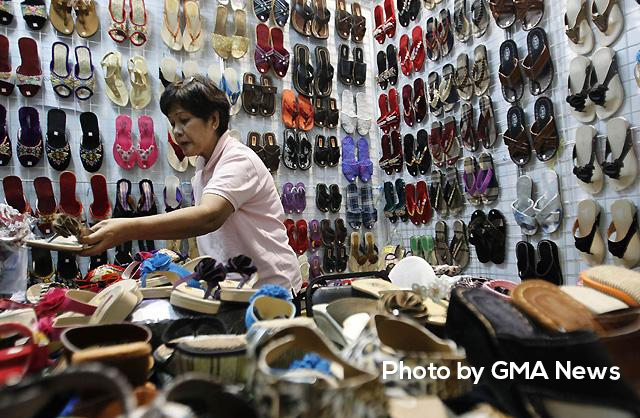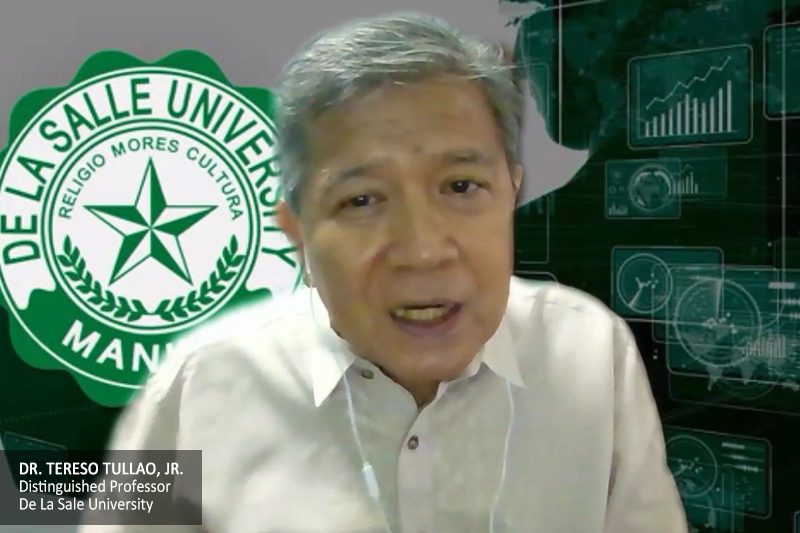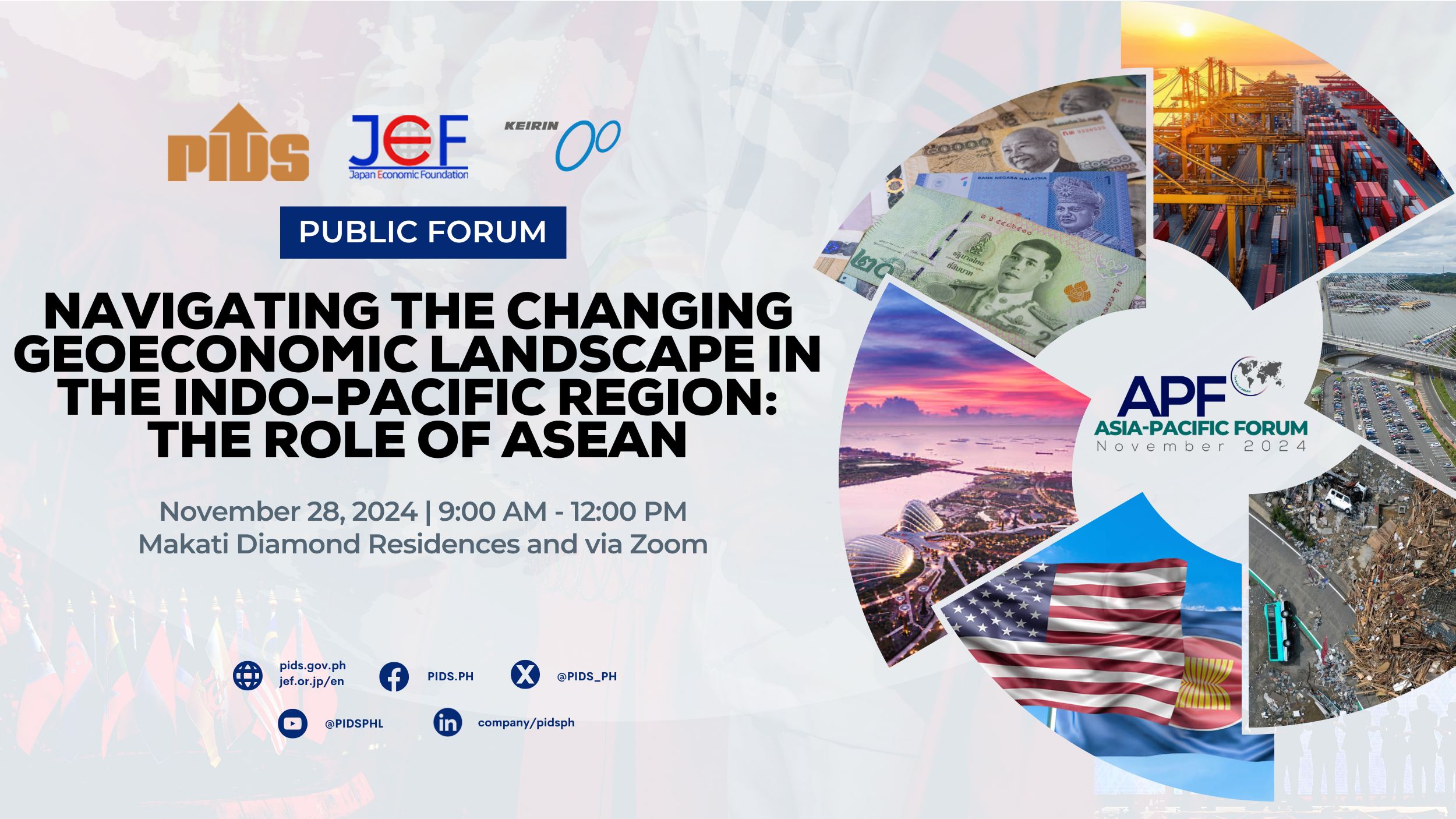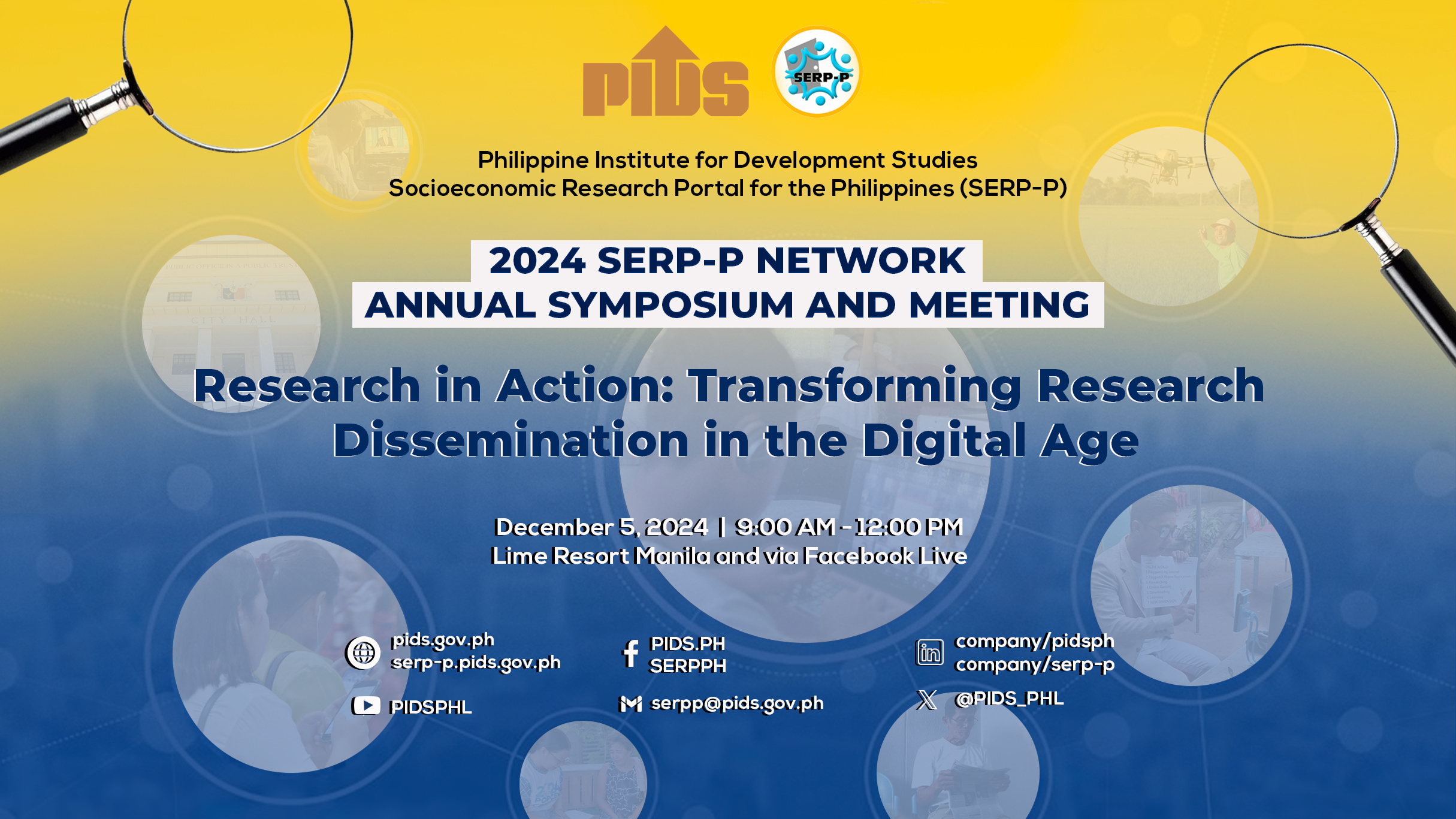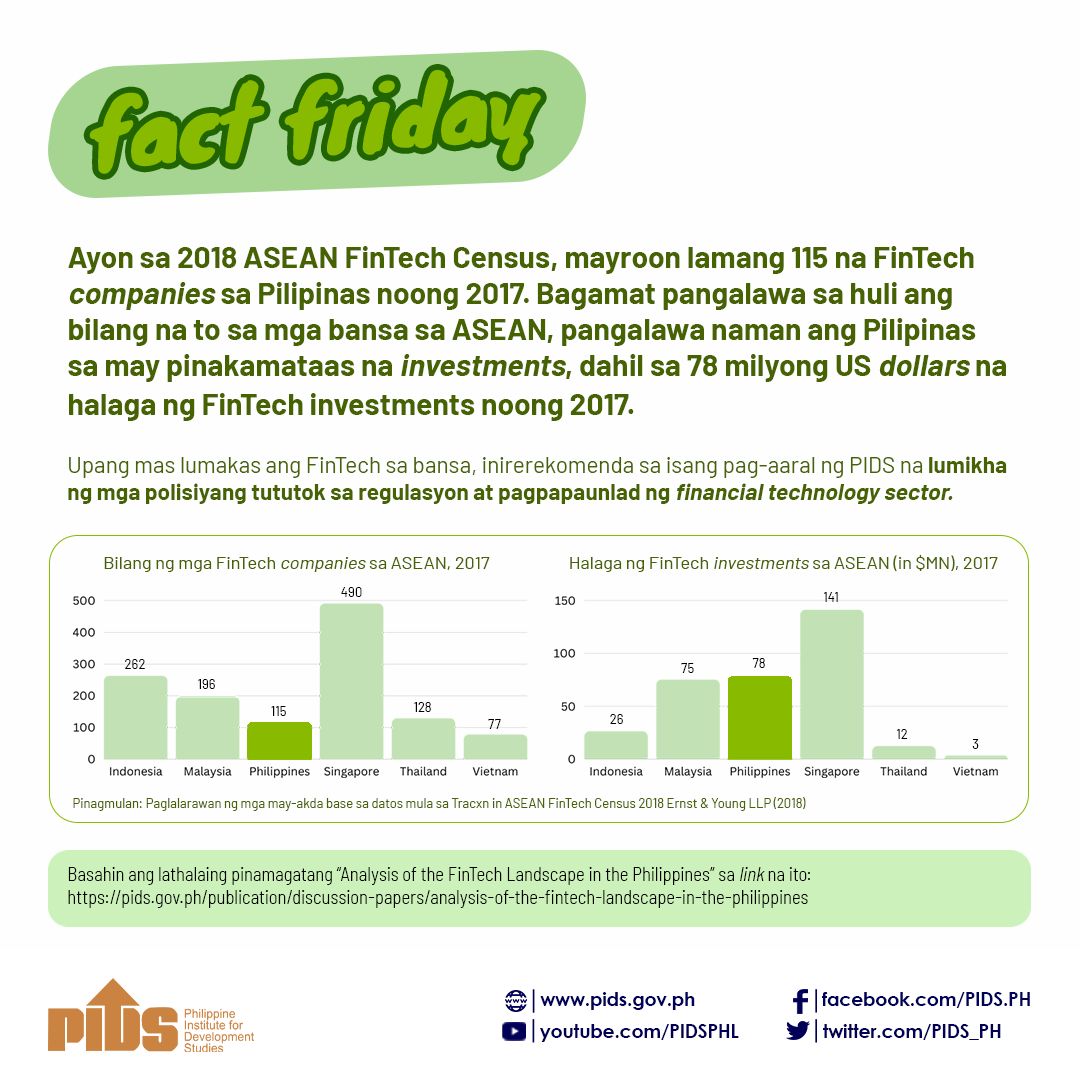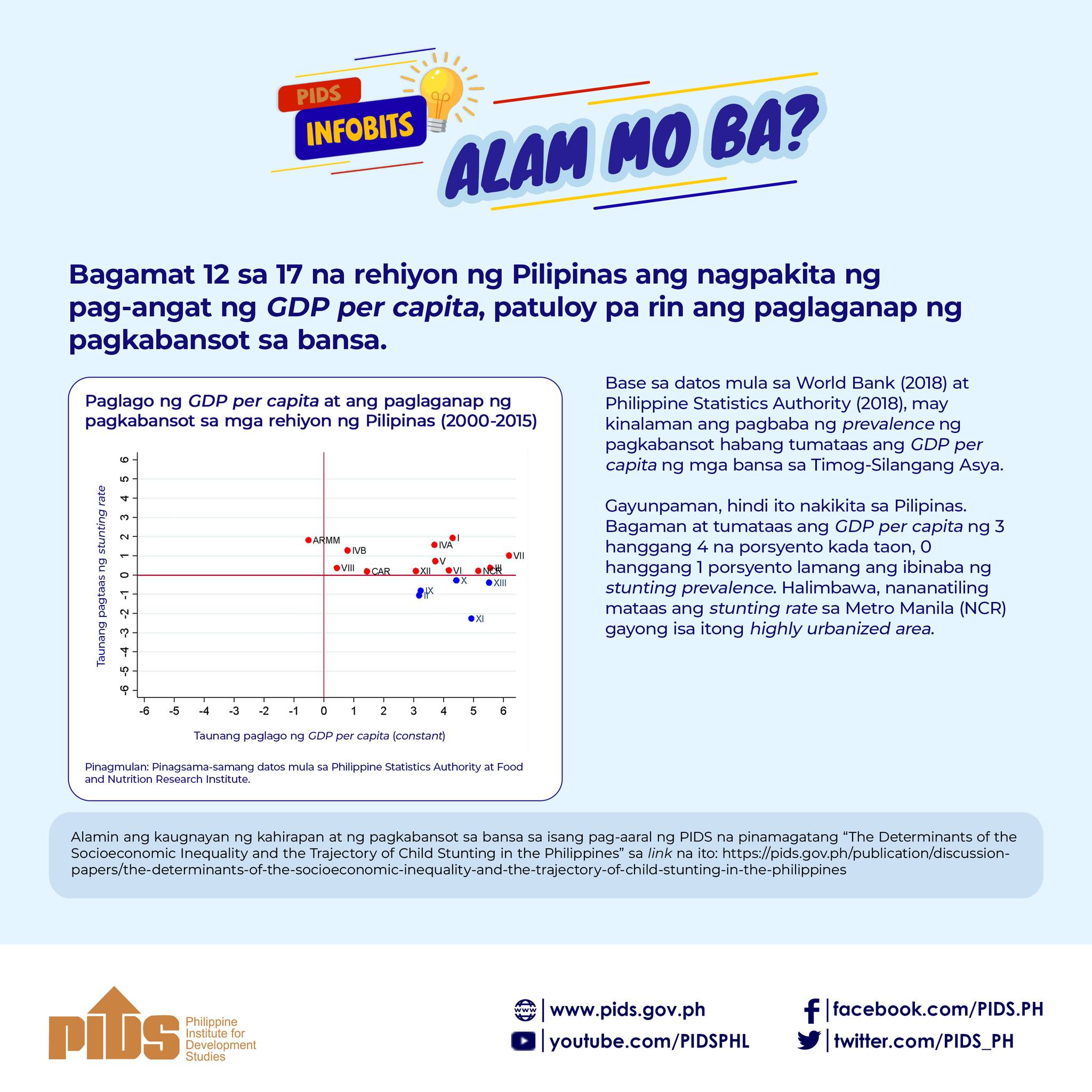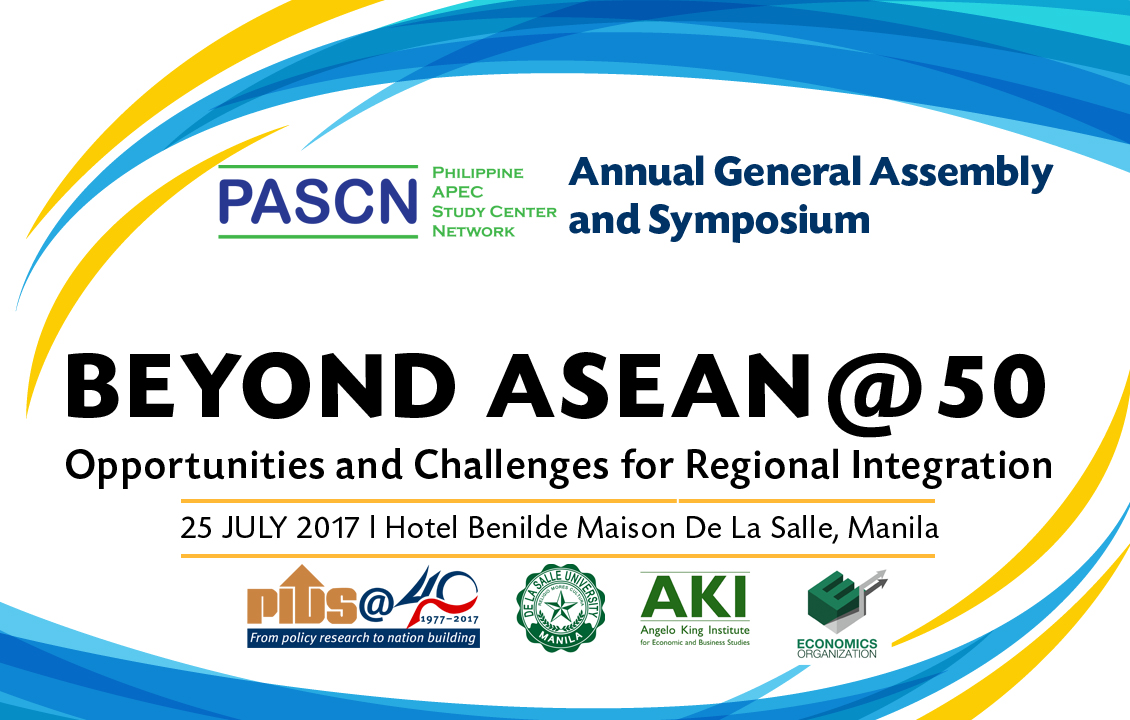
The Philippine APEC Study Center Network (PASCN) member institutions from all over the country convene on Tuesday (July 25) to present and disseminate results and key findings of their studies to various stakeholders in its Annual Symposium.
Dubbed as “Beyond ASEAN@50: Opportunities and Challenges for Regional Integration”, the symposium is organized by the Philippine Institute for Development Studies (PIDS) as lead convenor of the PASCN, in partnership with the De La Salle University-Angelo King Institute for Economic and Business Studies (DLSU-AKI).
The forum is one of PASCN’s information dissemination activities to discuss important issues and concerns on Asia Pacific Economic Cooperation (APEC) and related issues, regional integration and globalization as it impacts on the Philippine economy.
This year’s theme is in support and PASCN’s contribution to the Philippines’ chairmanship of the ASEAN 2017 and in celebration of ASEAN’s golden anniversary as a regional organization.
The other major activity of the forum is the general assembly and the business meeting of network members that aims to update them of PASCN’s accomplishments and provide them an opportunity to share their respective research endeavors concerning APEC agenda and other regional integration issues.
The PASCN was established in 1996 through Administrative Order 303 as the Philippines’ response to the APEC Leaders’ Education Initiative, which seeks to develop regional cooperation among higher education and research institutions in the APEC region. It is one of the APEC Study Centers in APEC member-economies and is part of the APEC Study Center Consortium.
The network is composed of the Asian Institute of Management, Ateneo de Manila University, Central Luzon State University, De La Salle University, Mindanao State University, Silliman University, University of Asia and the Pacific, University of San Carlos, University of the Philippines, Xavier University, Department of Foreign Affairs-Foreign Service Institute, and the PIDS as lead institution and secretariat.
PASCN creates an avenue for universities and research institutions in the country to work together not only on economic concerns but also on development reforms.
Aside from the academe, other participants also include officials and representatives from other government agencies, as well as conduits from the private sectors, non governmental organizations, civil society organizations, including various key stakeholders. ###
Dubbed as “Beyond ASEAN@50: Opportunities and Challenges for Regional Integration”, the symposium is organized by the Philippine Institute for Development Studies (PIDS) as lead convenor of the PASCN, in partnership with the De La Salle University-Angelo King Institute for Economic and Business Studies (DLSU-AKI).
The forum is one of PASCN’s information dissemination activities to discuss important issues and concerns on Asia Pacific Economic Cooperation (APEC) and related issues, regional integration and globalization as it impacts on the Philippine economy.
This year’s theme is in support and PASCN’s contribution to the Philippines’ chairmanship of the ASEAN 2017 and in celebration of ASEAN’s golden anniversary as a regional organization.
The other major activity of the forum is the general assembly and the business meeting of network members that aims to update them of PASCN’s accomplishments and provide them an opportunity to share their respective research endeavors concerning APEC agenda and other regional integration issues.
The PASCN was established in 1996 through Administrative Order 303 as the Philippines’ response to the APEC Leaders’ Education Initiative, which seeks to develop regional cooperation among higher education and research institutions in the APEC region. It is one of the APEC Study Centers in APEC member-economies and is part of the APEC Study Center Consortium.
The network is composed of the Asian Institute of Management, Ateneo de Manila University, Central Luzon State University, De La Salle University, Mindanao State University, Silliman University, University of Asia and the Pacific, University of San Carlos, University of the Philippines, Xavier University, Department of Foreign Affairs-Foreign Service Institute, and the PIDS as lead institution and secretariat.
PASCN creates an avenue for universities and research institutions in the country to work together not only on economic concerns but also on development reforms.
Aside from the academe, other participants also include officials and representatives from other government agencies, as well as conduits from the private sectors, non governmental organizations, civil society organizations, including various key stakeholders. ###

